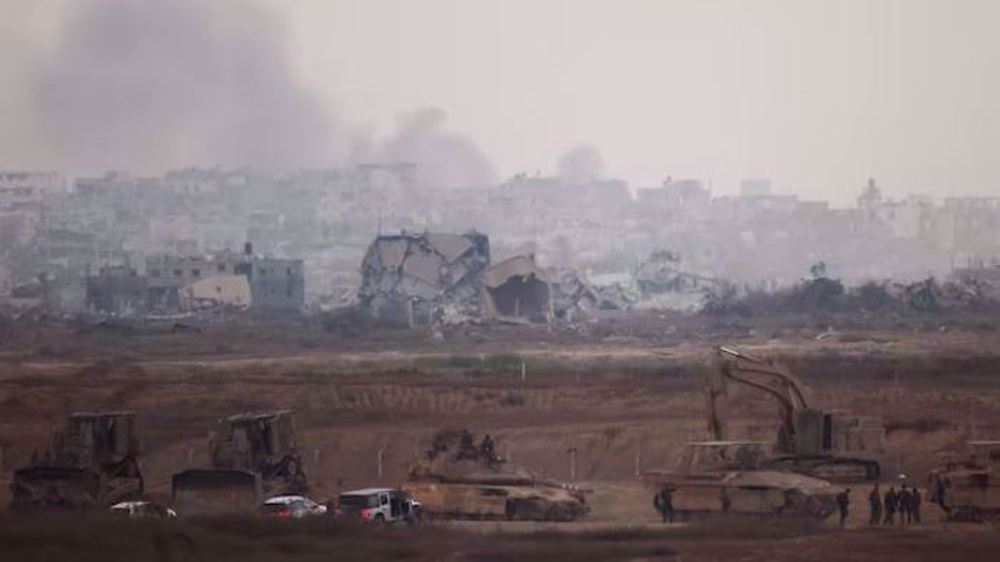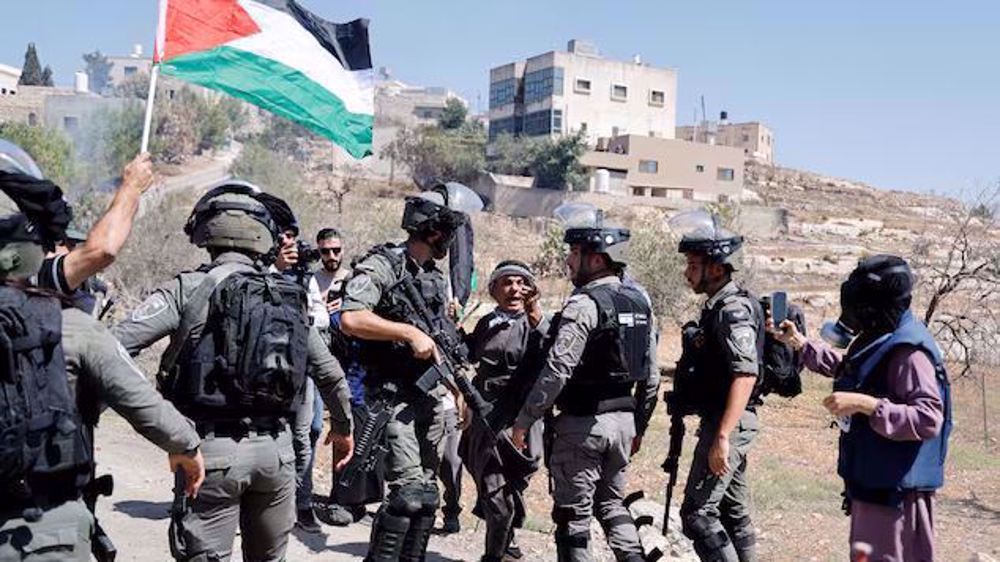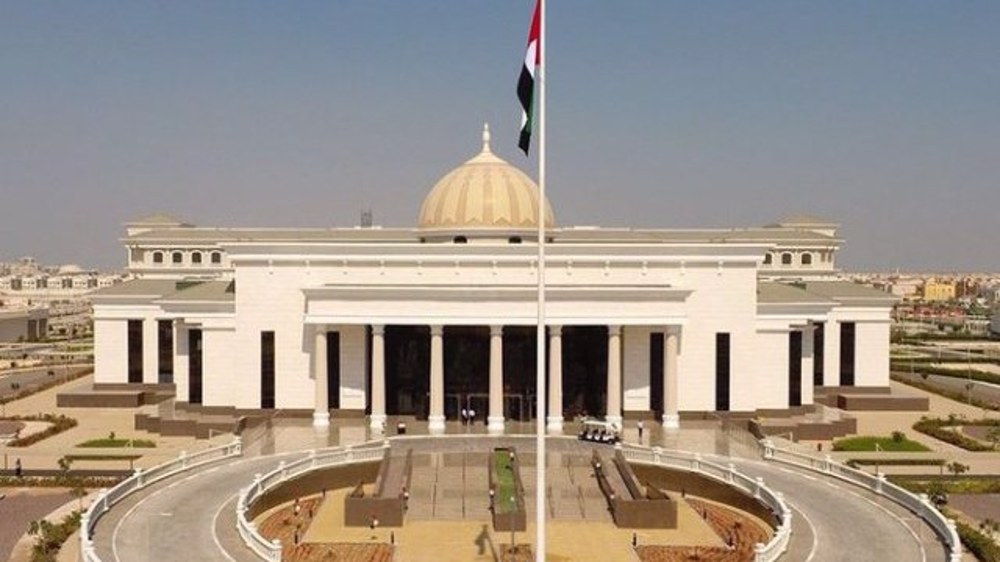Body of evidence: The scars of the Rohingya
Rohingya refugee Mohammad Sikander felt a flash of pain as a bullet — fired by a Myanmar soldier — tore into his shoulder.
Myanmar says its military operations in Sikander’s home state of Rakhine last August were an effort to root out terrorists who had targeted police officers.
But the scars and disfigured skin of Rohingya civilians — men, women and children — tell a different story.
“It was a soldier who shot me,” Sikander, 37, recounted almost a year after Myanmar security forces stormed his village of Yae Twin Kyun, in Muangdaw district, on September 1.
On the back of his right shoulder is a large scar, round and concave, a thumb-sized gouge of flesh taken from his body.
“I’m still in pain, I take medicine from the clinic [for it],” he told AFP. “I can’t lift heavy things.”
Sikander is one of the more than 700,000 Rohingya Muslims — a minority from Myanmar long considered outsiders and denied citizenship — expelled almost a year ago when security forces launched “clearance operations” after [alleged] rebel attacks.
Today, he lives across the border in Bangladesh’s Cox’s Bazar district, where refugee camps hold more than a million Rohingya.

Those who made it to Bangladesh have recounted rape, extrajudicial killings, and the razing of entire villages.
Myanmar has denied accusations of atrocities — apart from a solitary massacre in the village of Inn Din.
It insists its operations were proportionate responses targeting Rohingya militants.
But the violence written on the bodies of refugees speaks otherwise.
A round tore through 60-year-old Kabir Ahmed’s left shoulder as he fled, leaving a pink arrow-shaped scar.

There is the line of gnarled flesh under the bend of eight-year-old Minara’s knee, where she was shot at home in Rakhine.

Mohammad Haroon, 28, has a gash at the top of his spine where a bullet hit him as he was trying to cross the border.

Aid group Doctors without Borders says it has treated more than 2,600 patients for injuries from bullets, knives, and burns.
The figure does not include women subjected to sexual violence.
Many of the wounds have an enduring physical impact.
Minara can’t walk properly, and Haroon has trouble breathing.
Mohammed Sultan, 30, went blind after a bullet pierced his right temple and severed his optical nerves.

But his brother fared worse.
“One of my brothers came to rescue me, but he was shot in the back, and he died,” he said.
(Source: AFP)
Palestinian resistance fighters hit Israeli Merkava 4 tanks
VIDEO | UK police brutal assault on Muslim family sparks outrage, protests
Hamas: Death of leader in Israeli jail amounts to murder
EU sends €1.5 billion to Ukraine from frozen Russian assets
VIDEO | Millions of Yemenis rally for Gaza, call for more anti-Israel operations
UN chief calls for Olympic truce as games begin in Paris
Paris Olympics begin as sports world reeling from loss of 400 Palestinian athletes in Gaza war
Iran warns ‘sworn enemies’, says sidekicks of US, Israel ‘displaced’ with bloody hands










 This makes it easy to access the Press TV website
This makes it easy to access the Press TV website